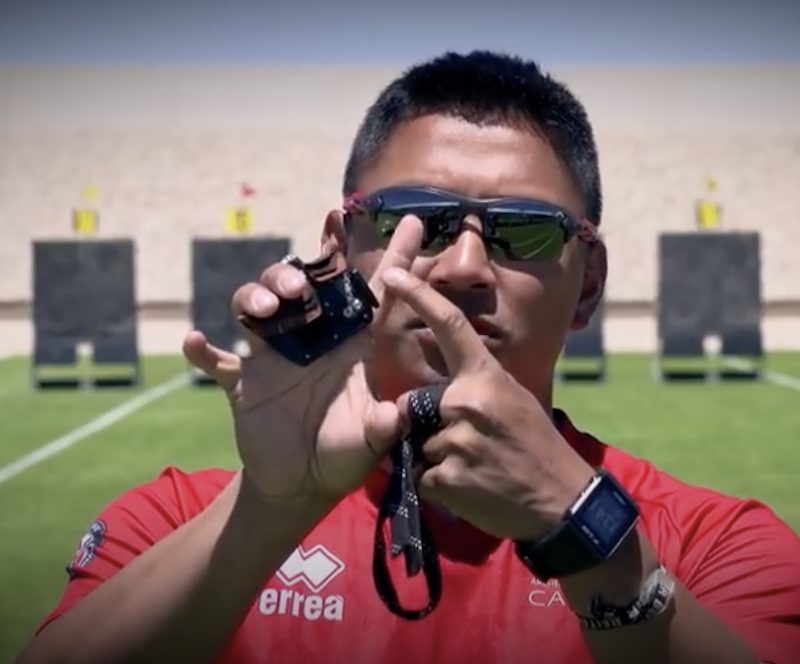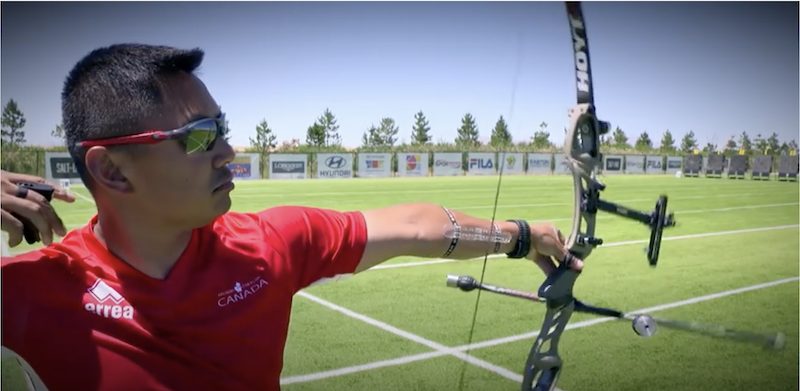A solid, consistent shot sequence is the key to good shooting. My shot sequence took years of practice to refine, so let’s examine its key elements.
Arrive Ready at the Range
Before shooting for practice or competition, prepare yourself mentally to perform your best. Leave behind the day’s stresses and other distractions and focus on performance. Archers can mentally prepare through visualization, relaxation, breathing, and — for some people — physical exercise. Once you’re accustomed to doing these activation cues, you’ll be ready to perform your best. My favorites for this step are exercise and breathing techniques.
After setting up my equipment, I also make sure my arrows are properly maintained. That step instills confidence in my equipment, which delivers self-confident shooting.
Stance
Once I step to the line, I carefully place my feet to precisely align my body. My stance is fairly straight forward. That is, my stance is square, my feet are shoulder-width apart, and my feet are parallel to each other. This stance ensures peak stability, and it’s easy to repeat.
Focus
After nocking an arrow, I focus on the target’s center. By focusing intently on the 10-ring, I achieve a pinpoint focus that puts my goal front-and-center in my mind.
Before the Shot

While hooking the bowstring before each shot, I repeat some key words to myself so my shot routine always starts at the same point. Those key words include “smooth,” “confident” and “follow-through.” No matter which words I choose, they must have meaning to me, but offer more general than specific instructions. That’s because I trust my shot, and don’t need to tell myself how to execute it.
My draw cycle is fairly linear, so I waste no energy bringing the string to my face and anchoring. I try to draw in one continuous motion to keep it as simple as possible.
During the Shot
I have trained for years to make my shot sequence more automatic, so I now run a full “autopilot” program. At full draw I say some key words to myself such as “movement,” “execute” and “fluid.” Again, I keep the words more general so I don’t bog down in my shot’s details. I do all I can to not micromanage my shot.
To come through the clicker, I push out with my bow arm while pulling with the string arm. That technique is loosely known as expansion, and I like to keep the movement as even as possible from front to back. I think that’s better for your shot because it keeps you aware of both sides of your body. If you focus on one side, you too easily ignore the other.
After the Shot

Once the arrow strikes the target, I’ve usually already evaluated the shot’s execution, and know what (if anything) I must do to improve my next shot. Keeping a positive attitude during this part of the shot sequence is vital to shot-after-shot success. Negative self-talk usually causes a downward spiral in my form and accuracy.
I make sure to execute a strong follow-through, which means I don’t drop my bow arm or collapse in any direction. I stress keeping my bow arm aligned with the arrow’s flight, which ensures a nice, static follow-through.
These shot cues work for me, but that doesn’t mean they’ll work for everyone. Your shot routine must have meaning to you, but routines require lots of time and energy on the range to learn what works best. By shooting lots of arrows and keeping notes about your shot while practicing and competing, you’ll develop a solid routine for every circumstance.




